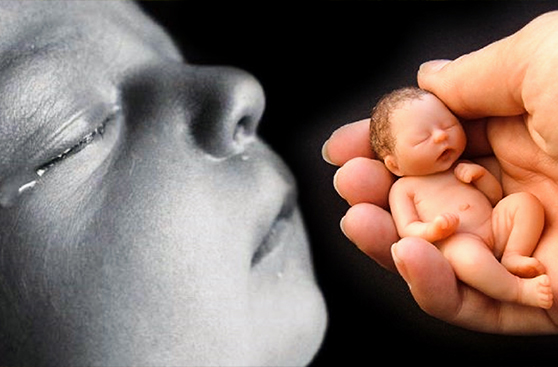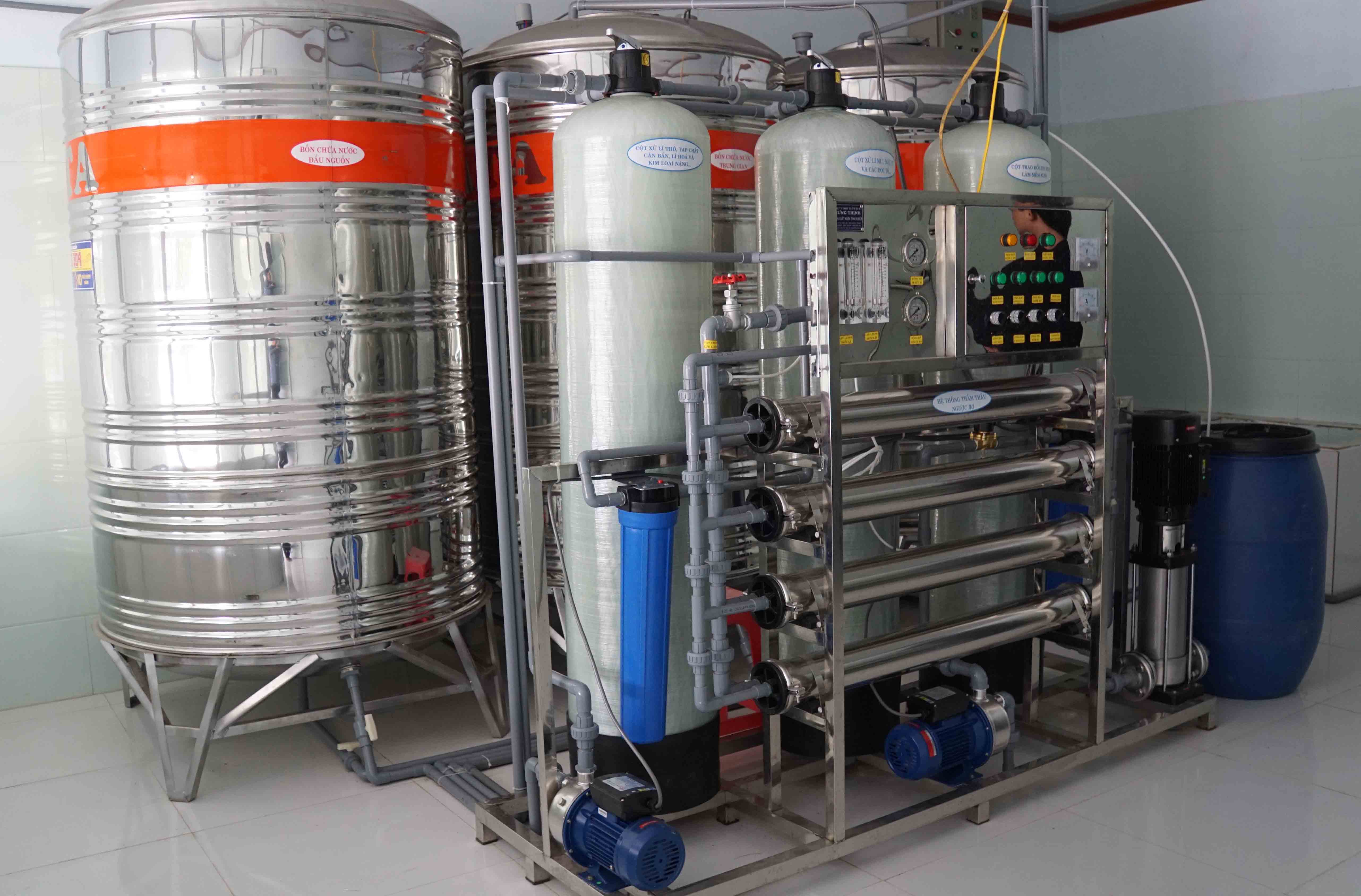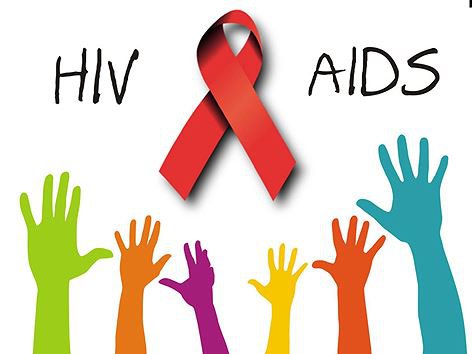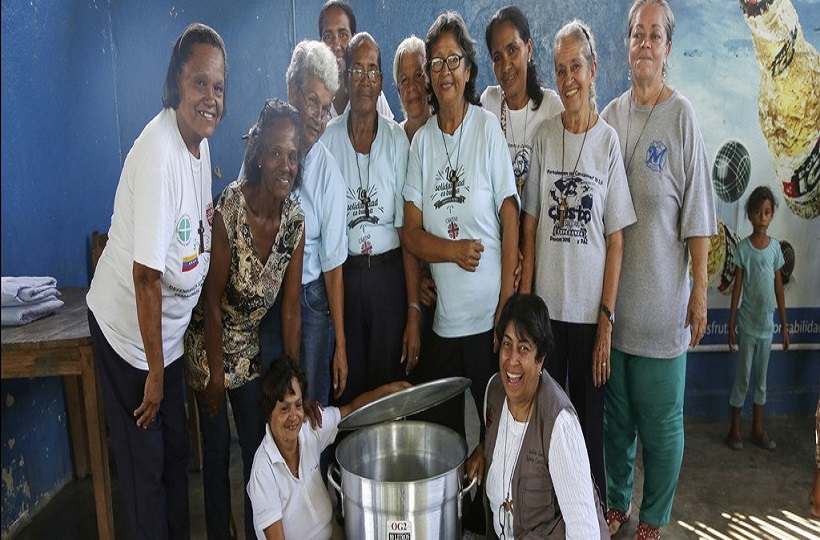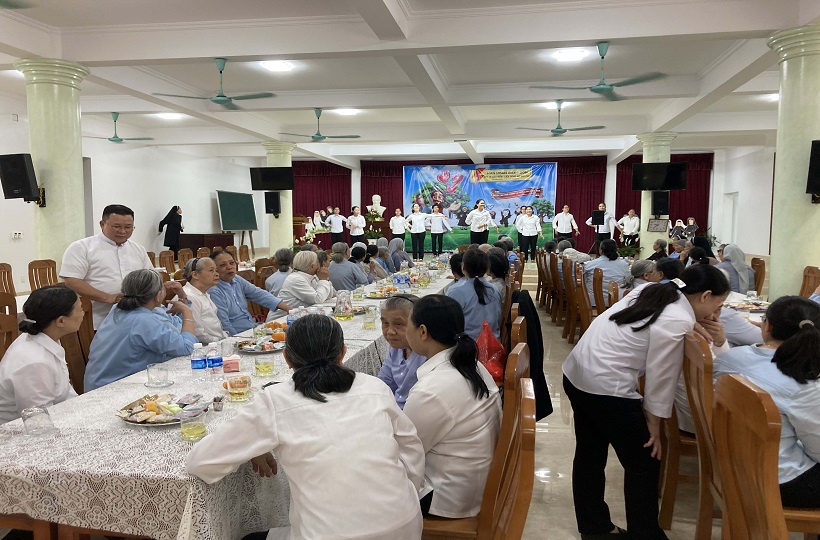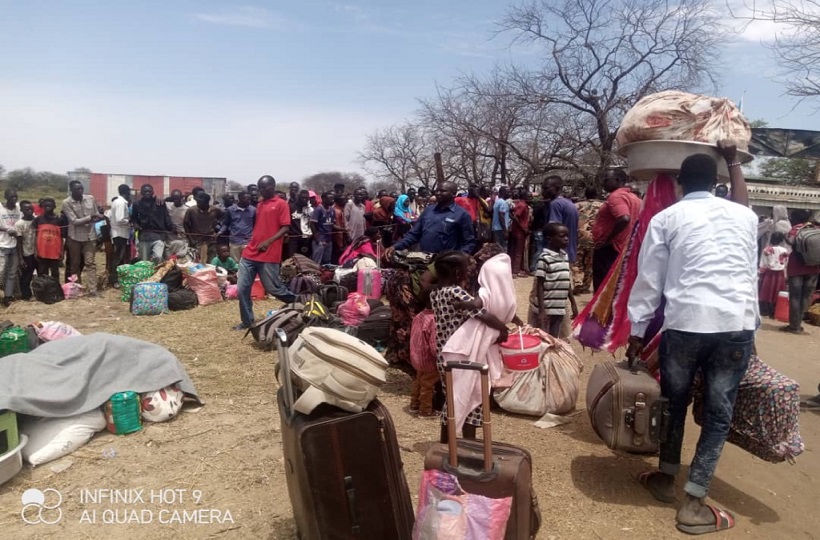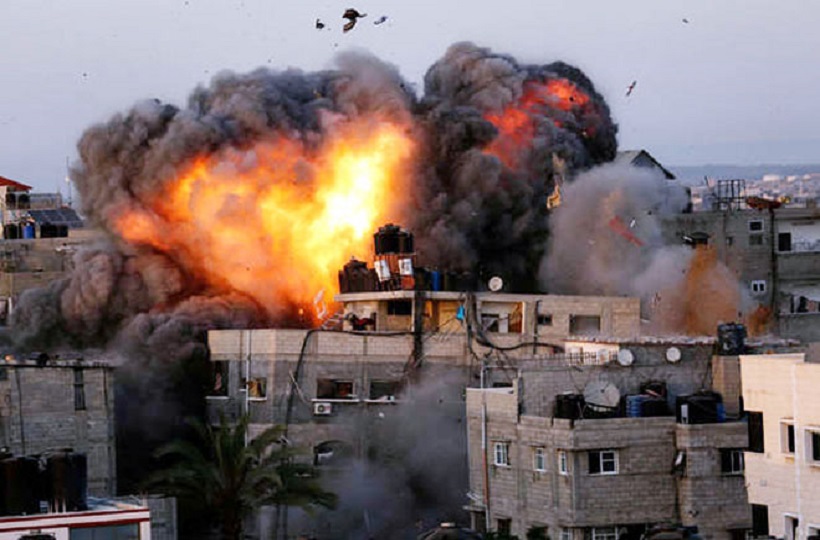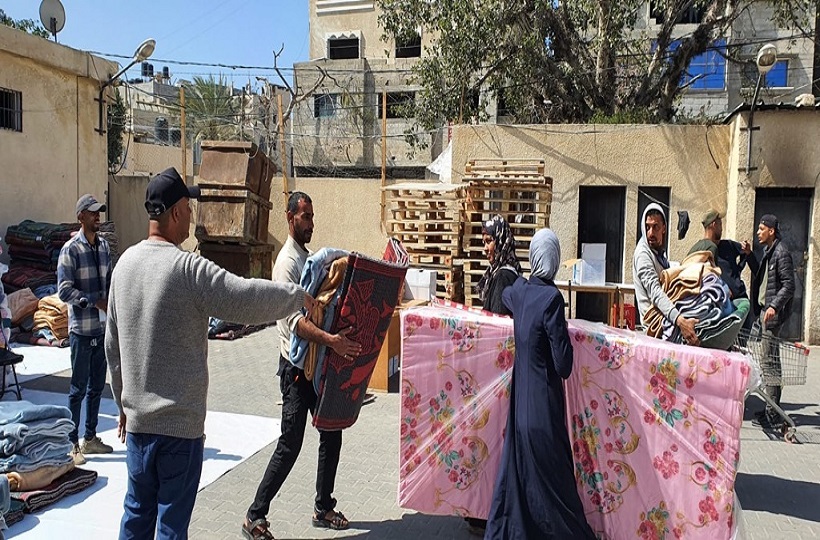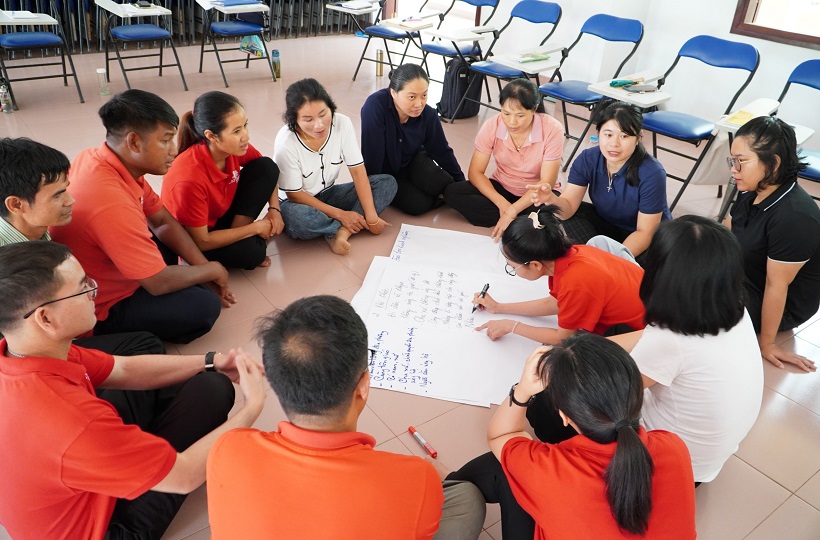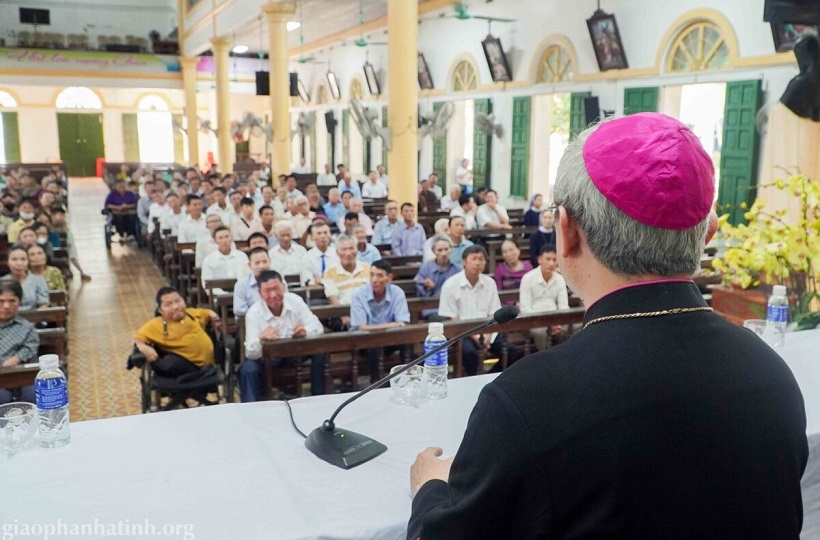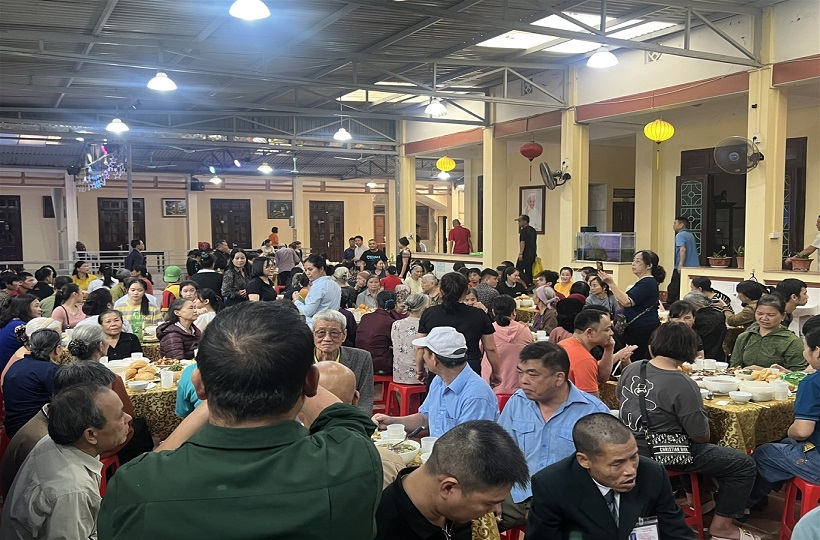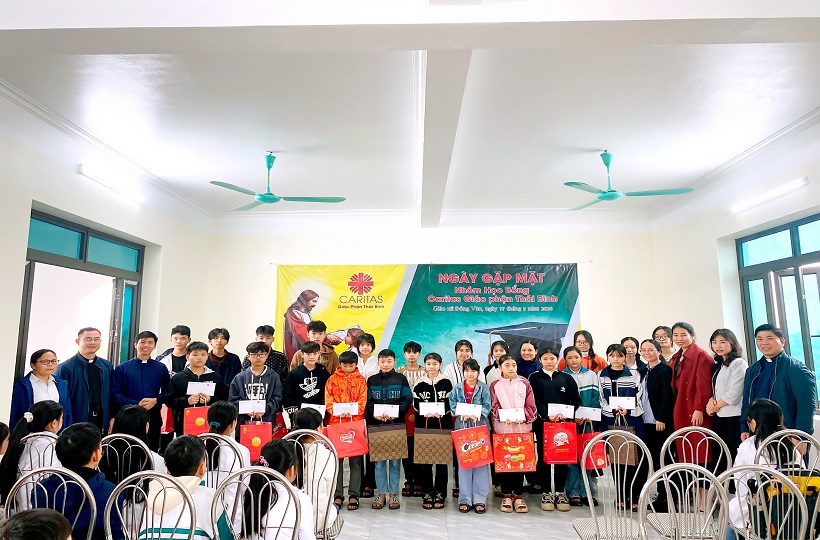Caritas News
Catholic agencies say protecting lives must come before protecting borders
Caritas and the Jesuit Refugee Service urge European governments to provide legal solutions that allow refugees and migrants to arrive safely to the continent.
The recent shipwreck and death of 366 migrants off the coast of the Italian island of Lampedusa in October highlights the failure of European Union immigration policy. The incident is not an isolated one, but rather an illustration of the failure of governments to respond responsibly to migration flows, leading to abuse, exploitation and death. The inhabitants of Lampedusa and the Diocese of Agrigento acted to save the lives of those in need; their actions should inspire our governments to follow suit.
At the European Council summit today, prime ministers will discuss the recent migrant boat tragedy. Italian Prime Minister Enrico Letta and the European Parliament are urging EU leaders to adopt a unified strategy to save migrant lives at sea and to prevent similar tragedies in the future. Unfortunately, it is unlikely firm decisions will be taken until the taskforce established by the European Commission reports back in early December.
In the interim, at the occasion of the EU summit, Caritas and the Jesuit Refugee Service urge EU leaders to support Italy's recent bolstering of their search and rescue capabilities by ensuring EU resources are used to prevent further loss of life at sea. In the long term, EU leaders must agree to open up new safe and legal avenues into Europe so that migrants and refugees need not take perilous journeys to safety.
Refugees and migrants have the right to a dignified life. Caritas and JRS urge religious and political leaders, UN agencies and international organisations to acknowledge that migrants have the right to migrate and are not criminals, and to ensure governments:
- enhance efforts to save people at sea. The new EU regulation for border control, Eurosur, must ensure effective search and rescue of migrants. Similarly, ship captains should not be charged as criminals when rescuing migrant boats.
- invest more resources in reducing poverty through education, improving infrastructure and good governance in countries of origin.
- increase aid budgets for human development in order to expand opportunities for people in their countries of origin.
- promote migration as an opportunity for development for all. Research has shown that migrants contribute more to their host societies than public expenditure on them.
- open channels for legal migration for work, including low skilled workers.
- provide effective protection and accessible solutions to those who fled violence and other human rights violations, while at the same time investing in peacebuilding measures.
- abolish the indiscriminate detention of people seeking protection and their criminalisation as ‘illegal migrants’. Seek alternatives to migration detention.
- protect the rights of migrants and refugees, ensuring that international human conventions signed by states are respected.
- prosecute criminal networks who exploit, torture and put migrant lives at risk for personal gain.
- work with civil society organisations who assist migrants.
Refugees and asylum seekers who survive long journeys at sea still must undergo a long process to obtain effective protection. After their arrival to Lampedusa or elsewhere on Italian shores, refugees are neglected and become invisible in European cities.
Centro Astalli (JRS Italy) accompanies and supports more than 34,000 urban refugees in Rome, Vicenza, Trento, Catania and Palermo. Caritas Italiana plans to establish a centre in Lampedusa to become an international symbol of the tragic loss of lives of migrants, by monitoring movements in the Mediterranean and working with authorities from other parts of the world, who witness migrants dying on their journey.
Note: Caritas Internationalis is the official development and humanitarian organisation of the Catholic Church. Jesuit Refugee Service is an international Catholic organisation with a mission to accompany, serve and advocate on behalf of refugees and other forcibly displaced persons.
Both bring the voices of migrants and refugees to global fora on migration and development, as well as supporting measures like pre‐departure counselling, reception and integration services and post‐arrival counselling and trauma healing.
Contacts: Caritas Internationalis: Martina Liebsch, Policy and Advocacy Director, T: + 39 0669879719 Jesuit Refugee Service: Amaya Valcarcel, International Advocacy Coordinator, T: + 39 0669868465
The List of Contributions Received by Caritas Vietnam
1. The list of 2024 contributions to the Caritas Vietnam general charity fund
2. The list of 2023 contributions to the Caritas Vietnam general charity fund
Latest project information
Copyright © 2018 by COMMISSION on CHARITY and SOCIAL ACTIONS - CARITAS VIETNAM
Total visits: 25,346,039


